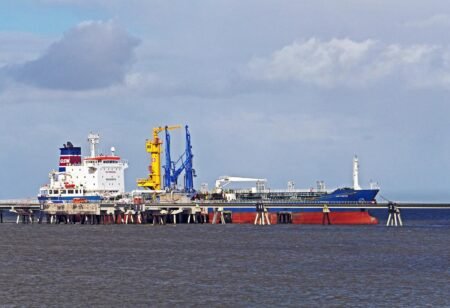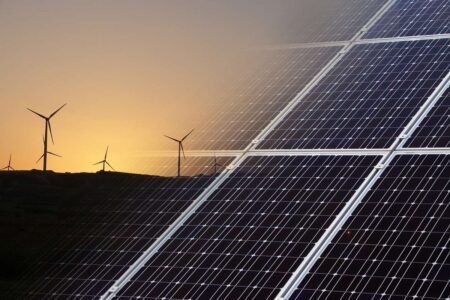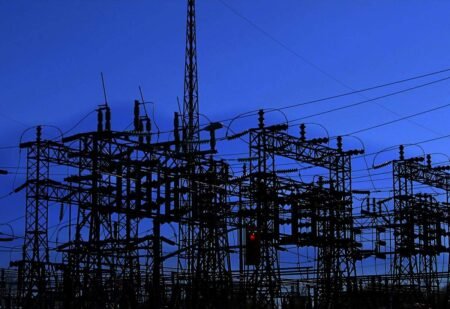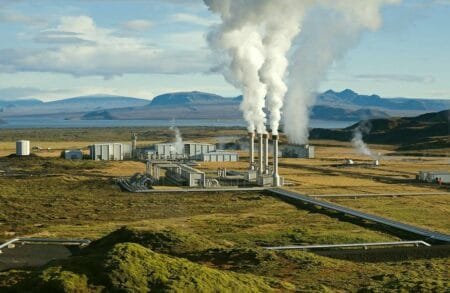Renewables accounted for 18.9 per cent of the EU’s total energy supply in 2022, exceeding the global average of 13.9%, according to figures released by the EU’s statistics agency Eurostat.

The data comes from Key figures on the EU in the world, which combines Eurostat data with international sources to provide a clear picture of the EU’s position in the global arena. The figures show the EU’s share of renewables in its total energy supply, compared to other countries in the world.
Renewable energy sources are energy sources that replenish (or renew) themselves naturally. They include renewables that provide heat or electricity (hydropower; tide, wave, ocean, geothermal, wind and solar energy; and ambient heat) and combustibles (biofuels and enewable municipal waste).
Among the fourteen non-EU countries that accounted for at least 1.0% of the world’s total energy supply, only Brazil (46.1%) had more than a quarter of its supply coming from renewables. At the other end of the ranking, renewables accounted for 0.1% of Saudi Arabia’s total energy supply.
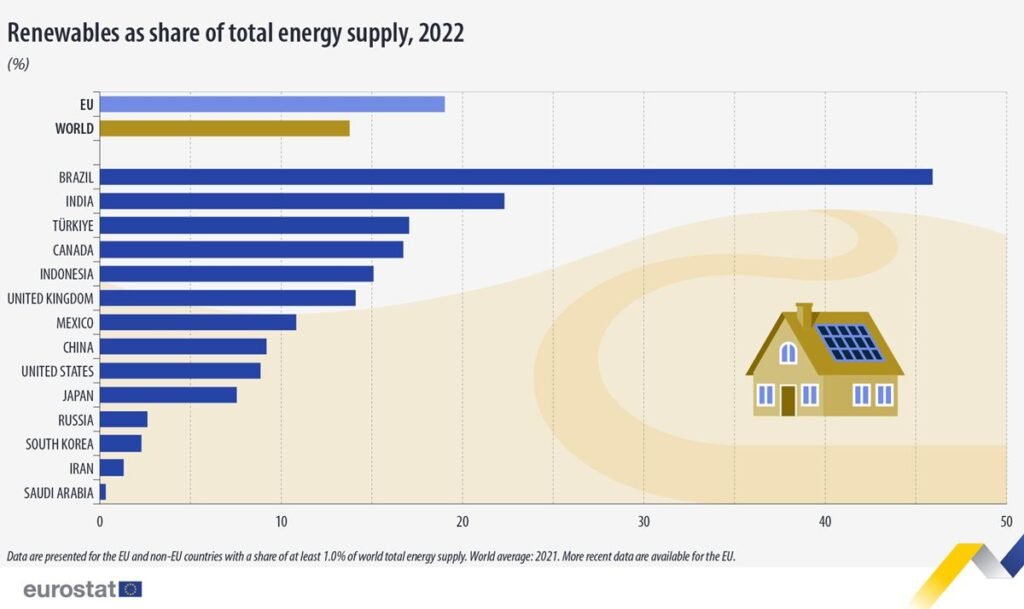
Looking at the structure of total energy supply, in 2021, fossil fuels contributed approximately two thirds of the EU’s total energy supply; oil (31.3%) and natural gas (24.2%) had the highest shares, followed by solid fossil fuels (12.0%). Globally, fossil fuels accounted for 80.7% of the world’s total energy supply, with oil (28.4%), solid fossil fuels (27.6%) and natural gas (24.8%) having similar shares. The relative importance of fossil fuels in the world’s total energy supply was 2.3 times as high as their share in the EU.
In 2021, biofuels, waste, electricity and heat contributed 19.2% to the EU’s total energy supply, which was somewhat higher than the global average (14.2%). Nuclear energy provided 13.3% of the EU’s total energy supply, which was 2.6 times as high as the global average (5.0%).
The Key figures on the EU in the world publication allows you to compare the EU’s performance globally across a wide range of topics.



